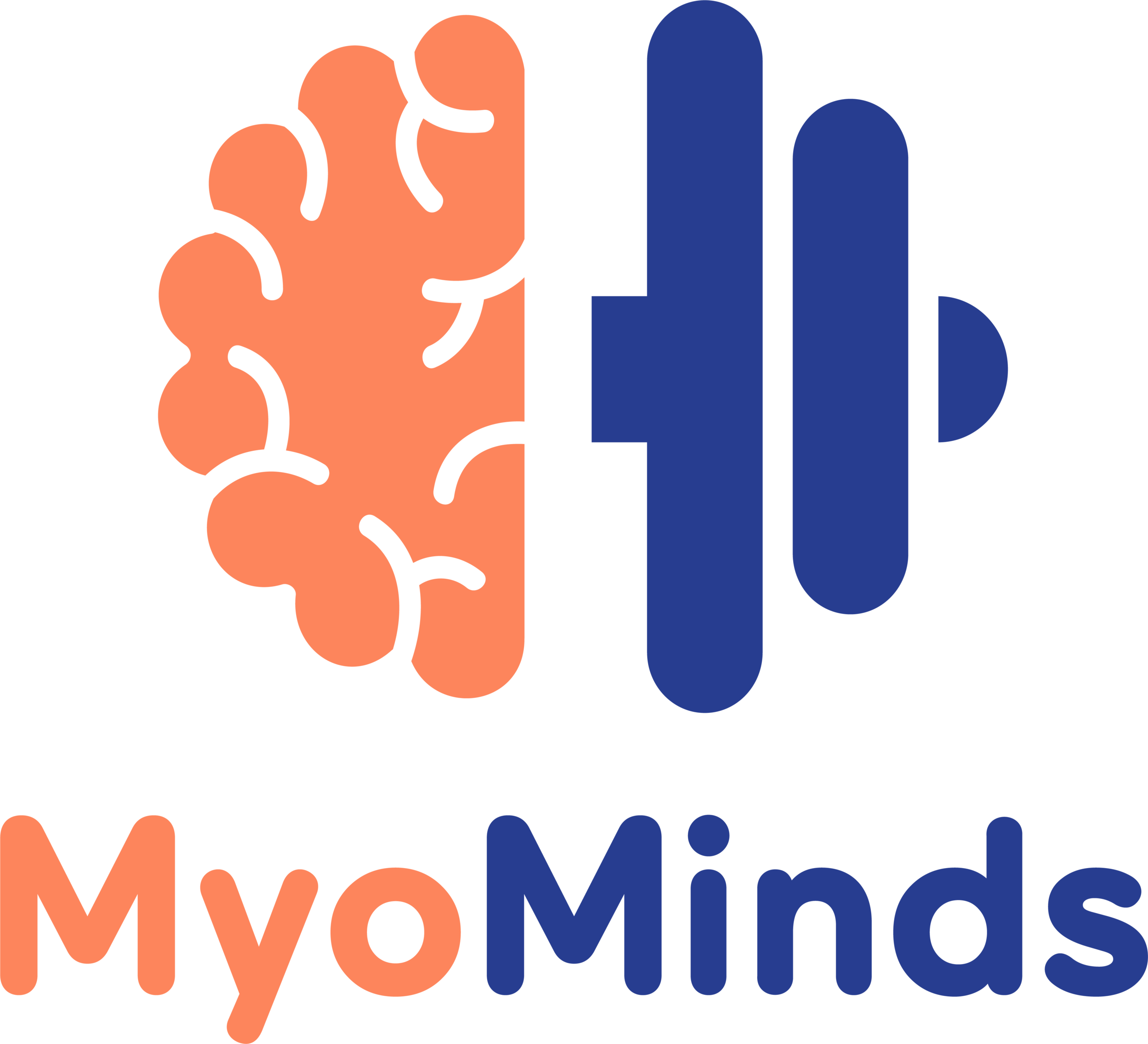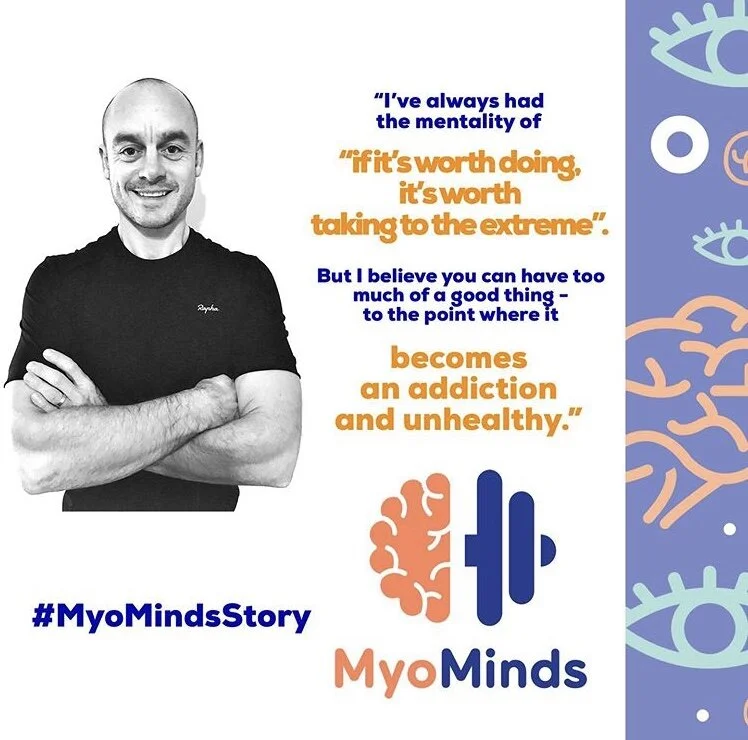Rich’s Story
1. Give a short biography of yourself, particularly your occupation and experience in sport.
I’ve always been active. As a child I played football for my town and competed Judo for my county. I was always out playing, cycling, swimming, training, competing - just generally being active. In my teenage years, whilst continuing playing various sports, I took an interest in kickboxing and weight training. I have an obsessive and addictive personality. I’m either all or nothing. So when I hit my late teens, started to get in with the wrong crowd, partied hard and then put all my energies into the wrong things.
By the time I hit my 30s, I tried to balance both partying and training. I had a creative job in the music industry, was doing Muay Thai, regularly running, hitting the gym, riding bikes, and discovered a love for the outdoors and hiking. Living by the maxim “work hard play hard” I was pushing my body and mind to the limits.
My occupation opened lots of opportunities to play hard. But at the same time could be extremely demanding and stressful. I tried to counter balance this with training hard to alleviate the stress and help me sleep. I was charging at 100mph, running on empty, with no off switch.
Just before my 40th birthday I became quite ill. I ended up in hospital. Followed by a series of ongoing health issues. I felt physically broken like never before. I fell to a low point, and I started to withdraw. I felt isolated. Until I decided to pick myself up, and put my energies into improving my physical and mental wellbeing again. I’ve retrained as a PT which has put me on the journey I’m now on.
2. What personal experiences with mental health do you have? Either with yourself, people in your field or friends.
I have an addictive and obsessive personality. I’ve always had the mentality of “if it’s worth doing, it’s worth taking to the extreme”. But I believe you can have too much of a good thing - to the point where it becomes an addiction and unhealthy. This has been to the detriment of my mental wellbeing. I often don’t feel like I’m good enough, or not achieving the things I should be. Then if I get injured, I withdraw and become depressed. With age and experience, I’m learning to create balance and harmony. I’ve taken up Yoga, which helps to settle the ‘noise’ in my head.
3. How do you feel sport/fitness affects mental health?
Physical activity definitely aids my mental wellbeing. As I’ve matured, I no longer compete. I train for my own pleasure and at my own speed. I’ve learnt to listen to my body, and rarely push beyond my limits. I find after a decent session, my mood is lifted. I try to exercise every morning which sets me up for the day ahead.
4. What advice do you have for people in sport/fitness who struggle with mental health issues?
These days I no longer party hard (these have negative effects on my mental health). I’ve put nearly all of my focus into fitness and wellbeing. I also believe, with the correct balance and management - sport, exercise and physical activity can improve mood. I get a real buzz from applying myself and progressing. I still love pushing it, which I find mentally rewarding. But knowing when to listen to how you feel, slow down, and avoiding burn out is key.
5. What advice do you wish you had been given before going through (or observing) the experiences you have?
It’s easy to say I wish I’d know all this before. But it’s not that simple. I wouldn’t be where I am now had I not gone through these experiences myself. I probably did receive good advice, but chose not to listen. Such as: Listen to your body. Give yourself a break sometimes. Try to create balance and harmony. And make sure you’re getting quality sleep.
6. Do you have an extra message you wish you add?
Life is short, and you need to make the most of it. But at the same time it’s not a race. So make sure you enjoy the journey. Whichever path it takes you on. Everyone is different, and you have to do what is right for you.




